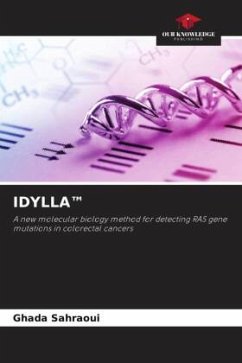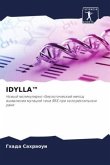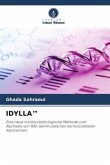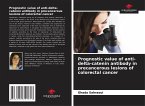Mutations in the RAS gene are predictive of poor response to anti-EGFR drugs. Approximately 50-60% of CRCs have a RAS mutation. The KRAS gene is the most frequently mutated. Our objective was to study, by Idylla method, the mutational profile of RAS genes in metastatic colorectal cancers. Our study was prospective of 119 cases collected in the department of Anatomy and Cytology Pathology of the Salah Azaiez Institute of Tunis from April 02, 2021 to November 01, 2021. RAS gene mutations were found in 54% of cases, mainly of KRAS type (98.4%). For KRAS mutations, exon 2 mutations were found in 87.3%, followed by exon 4 and exon 3. Mutations in exon 2 concerned codon 12 in 68% and codon 13 in 32%. Mutations in exon 3 were found in 4.7% involving codon 61. Mutations in exon 4 were found in 8% of the cases and concerned codon 146. The only NRAS mutation found was a G12D mutation. Our results are similar to those of the literature with some particularities.
Hinweis: Dieser Artikel kann nur an eine deutsche Lieferadresse ausgeliefert werden.
Hinweis: Dieser Artikel kann nur an eine deutsche Lieferadresse ausgeliefert werden.








